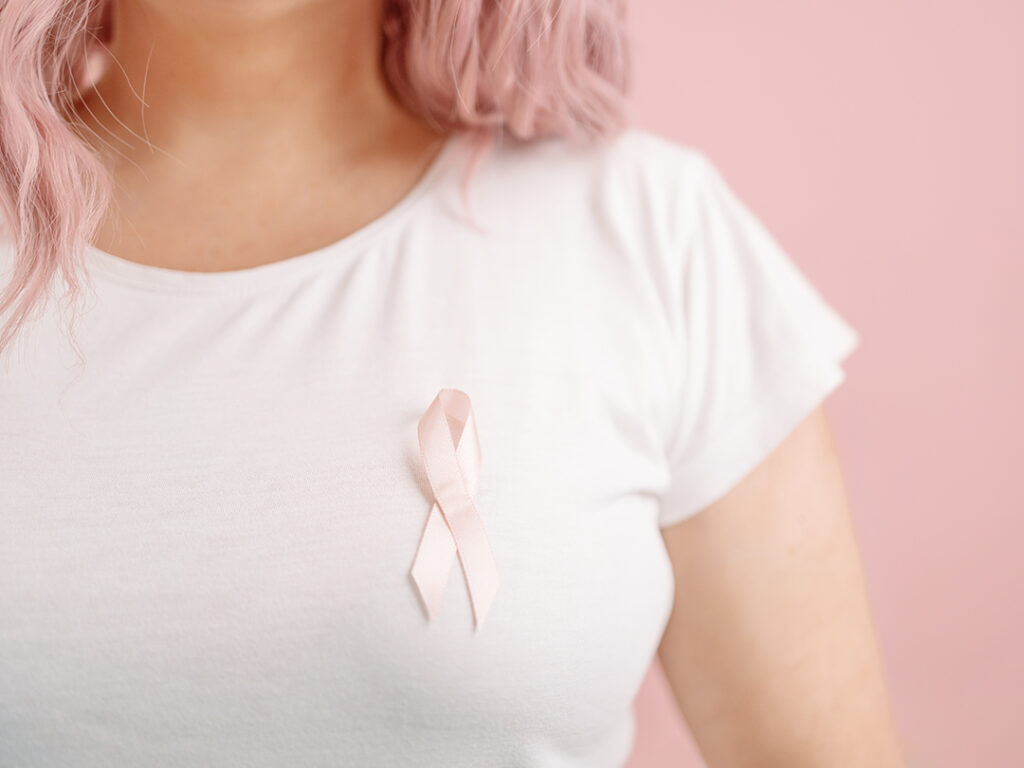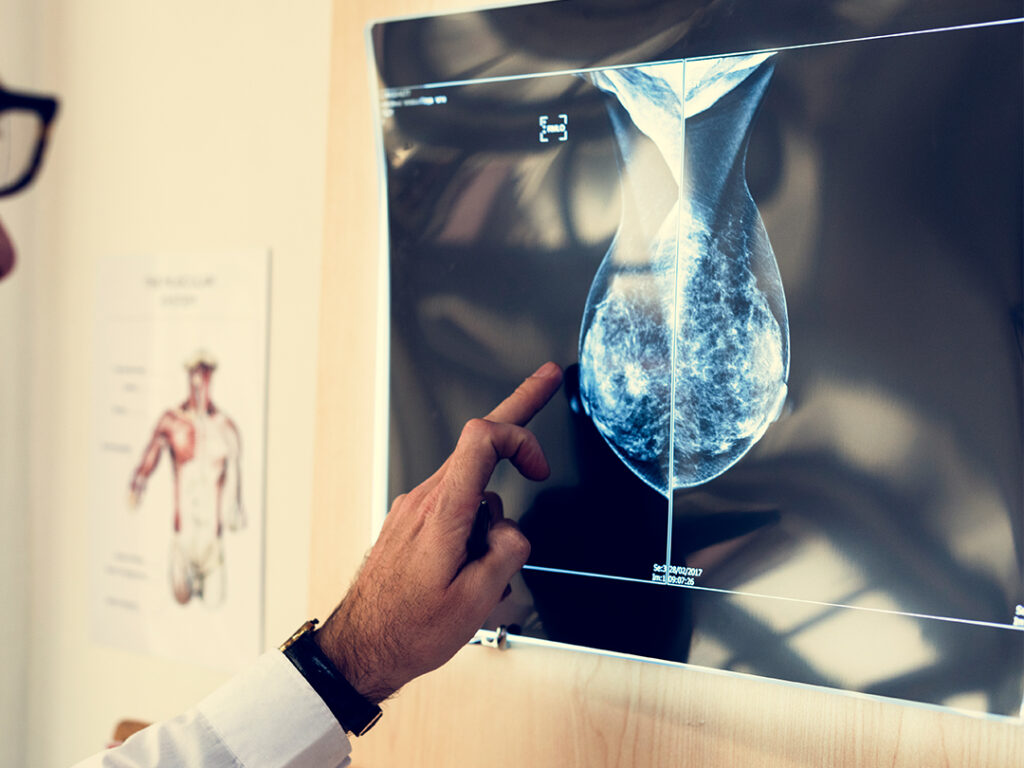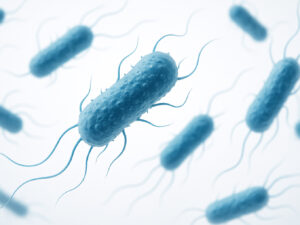
In breast cancer treatment, we have benefited from huge leaps over the last two decades with more advanced treatment and detection methods, however, diagnoses are becoming more common, especially among women younger than 50.
According to the breast cancer statistics report of 2024 published at the beginning of October by the American Cancer Society, although breast cancer mortality has decreased by 44% since the 1980s, rates of breast cancer diagnosis have increased by 1% every year since 2012. The increase has been even steeper for younger women; rates of breast cancer in women under 50 have increased more than 15% in the last two decades.
Although the exact underlying reason why more younger women are getting breast cancer is not clear, it is believed to be due to factors like environmental chemicals and toxins, rising rates of obesity, and limited physical activity. Also, the incline of earlier menstruation onset (especially before the age of 11) and more people having children later in life are thought to be contributing factors.
What is Breast Cancer?

Breast cancer is the most diagnosed cancer in women. It is a disease in which abnormal breast cells grow out of control and form tumors. If left unchecked, the tumor might grow and metastasize to other parts of the body.
Risk Factors of Breast Cancer
The most important risk factors are being women, being older (age 50 or older), and having high-risk genetic mutations like BRCA1 and BRCA2. Although everyone with breast tissue can get breast cancer the incidence is much lower in men (0.5-1% of all breast cancer cases).
Other risk factors are:
-Having a family history of breast cancer
-High alcohol consumption
-Having never been pregnant or had a first child at an older age
-Entering menopause at an older age than 55

Prevention Methods
An estimated 30% of breast cancers are attributed to modifiable risk factors and early detection plays an important role in the treatment and recovery journey. Therefore, implementing these prevention methods into daily life might be crucial.
-Keeping a healthy weight
-Being physically active
-Drinking alcohol in moderation or not at all
-Quitting tobacco use
-Following through with suggested screenings like mammography
-Performing self-examination regularly
-Breastfeeding if possible
-Consulting professionals before taking oral contraceptives (birth control pills) and avoiding prolonged use of hormones if possible
-Avoiding excessive exposure to radiation
If you observe any changes in the size or shape of the breast, any abnormal discharge from the nipples, pain in any area of the breast, or any new lump or thickened skin, consult a doctor immediately.
As Anatolia, we want to show our solidarity with everyone who is affected by this disease at Breast Cancer Awareness Month and call everyone to spread information, especially about the importance of early detection, routine screening, and self-examination.



